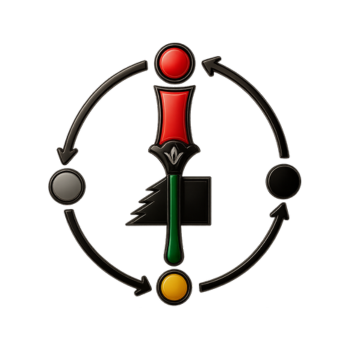-
“In the light of the above references, it is easy to recognize that the ancient Egyptians achieved a high degree of expertise in the understanding of time, far ahead of any people in so-called classical antiquity. Their astronomical skills, their construction of the pyramids, their mummification of the dead, their ancient Osirian myth, their rituals for the periodic renewal of the pharaoh’s vital energy—all this reflects a philosophy deeply concerned with the comprehension and use of time. In the unfolding of human destiny, this was an extraordinary endeavor, immensely complex, a development possible only in the fullness of time. So time took on a cosmic aspect, and global time was conceived of as an eternity constantly flowing into the present, to become the past.”
“Time, thus understood, was a dynamic process, periodically coming and going, always keeping humanity in touch with the totality of the cosmos. In pharaonic philosophy this connection is essential. Time, a functional process beginning with the very origins of the world, reintegrates humanity into the totality of the universe. All the great rhythmic periodicities of life (years, seasons, months, the ritual schedules of work, worship and celebration) are so many affirmations of human destiny within the flow of time. Everything happens inside time; conversely, time imparts value and meaning to all that happens. In sum, time maintains all, time stabilizes all.”
Theophile Obenga
“African Philosophy: The Pharaonic Period: 2780-330BC”
Page 131

